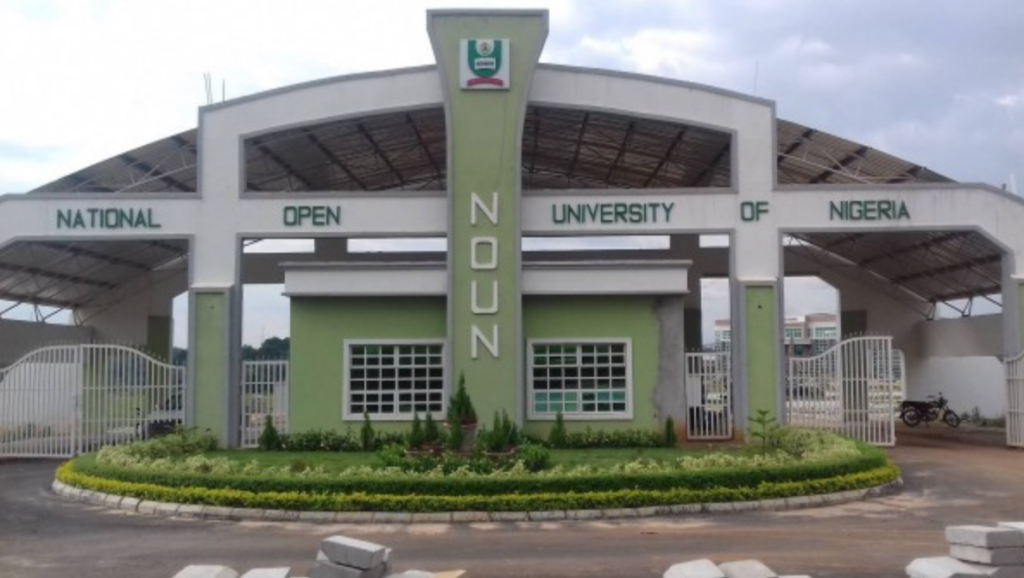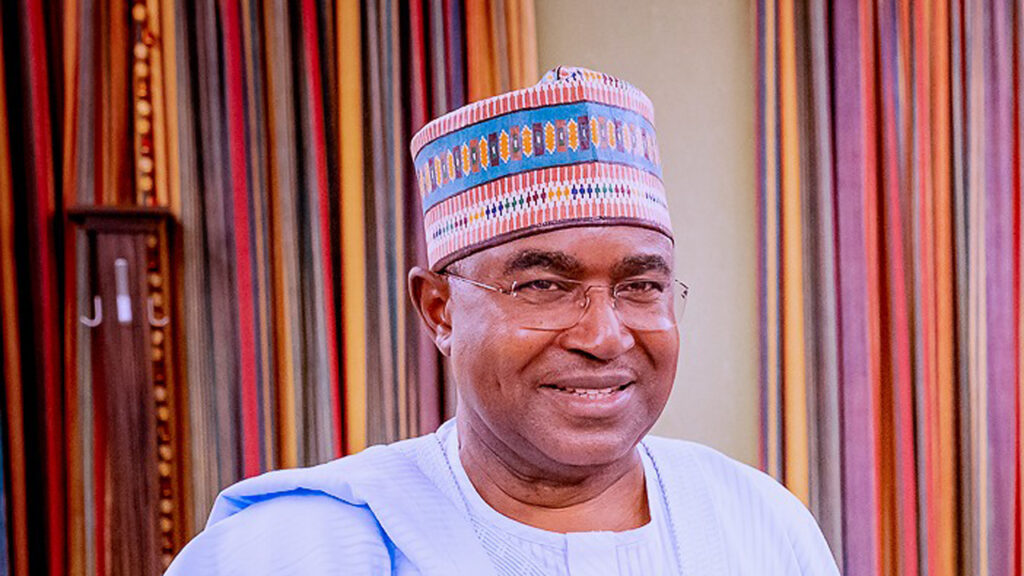
Federal Government has perfected plans to put one million gas-powered vehicles on the road by 2027, at an average yearly rate of 250,000 vehicle conversions.
FG also indicated its resolve to establish 40,000 auto gas conversion workshops and create 750,000 jobs by 2027, across the emerging Compressed Natural Gas (CNG) value chain.
This was disclosed at CNG Stakeholders and Investors’ Forum held in Abuja at the weekend, tagged: ‘Nigeria’s CNG Revolution: Harnessing Opportunities for a Sustainable Future,’ organised by the Presidential Compressed Natural Gas Initiative, (PCNGi).
In his presentation, tagged: ‘A Comprehensive Overview of Nigeria’s CNG Ecosystem,’ Project Director and CEO of Presidential CNG Initiative, Michael Oluwagbemi, said that given the characteristics of CNG and its benefits as a cheaper fuel, the strategic vision guiding the initiative is to alleviate the cost of living for Nigerians by significantly reducing the cost of transportation, and ultimately improving the standard of living with a cleaner and safer fuel.
He said: “In all of these, our strategic objectives are very clear: How do we reduce the cost of transportation for the common man? How do we make Nigeria’s gas work for him or her? How do we ensure that this gas working for Nigeria gives Nigeria an economic advantage?”
On the viability of the framework that has been adopted by PCNGi for the implementation of the CNG initiative, Oluwagbemi highlighted the comprehensive approach covering the industry’s demand and supply sides, saying: “We’re not just focusing on conversion centres but also incentivising investment on the supply side, taking an end-to-end approach.”
He mentioned specific collaborations with the Gas Aggregation Company of Nigeria (GACN) and its partners to ensure sufficiency on the upstream side, while the initiative engages the organised commercial transport operators’ network to integrate six million commercial vehicles into the CNG ecosystem.
A member of PCNGi, Toyin Subair, corroborated the economic advantage of Nigeria adopting CNG as alternative fuel and reaffirmed that the transition is for the betterment of every Nigerian and the nation as an economy.
An International CNG expert and one of the panelists, Dr Mohammed El-Gawish, validated the potential and feasibility of Nigeria’s CNG initiative. Drawing parallels with the success of a similar initiative in Egypt in just two and a half years, he commended Nigeria’s plans and action points, describing them as very promising.













